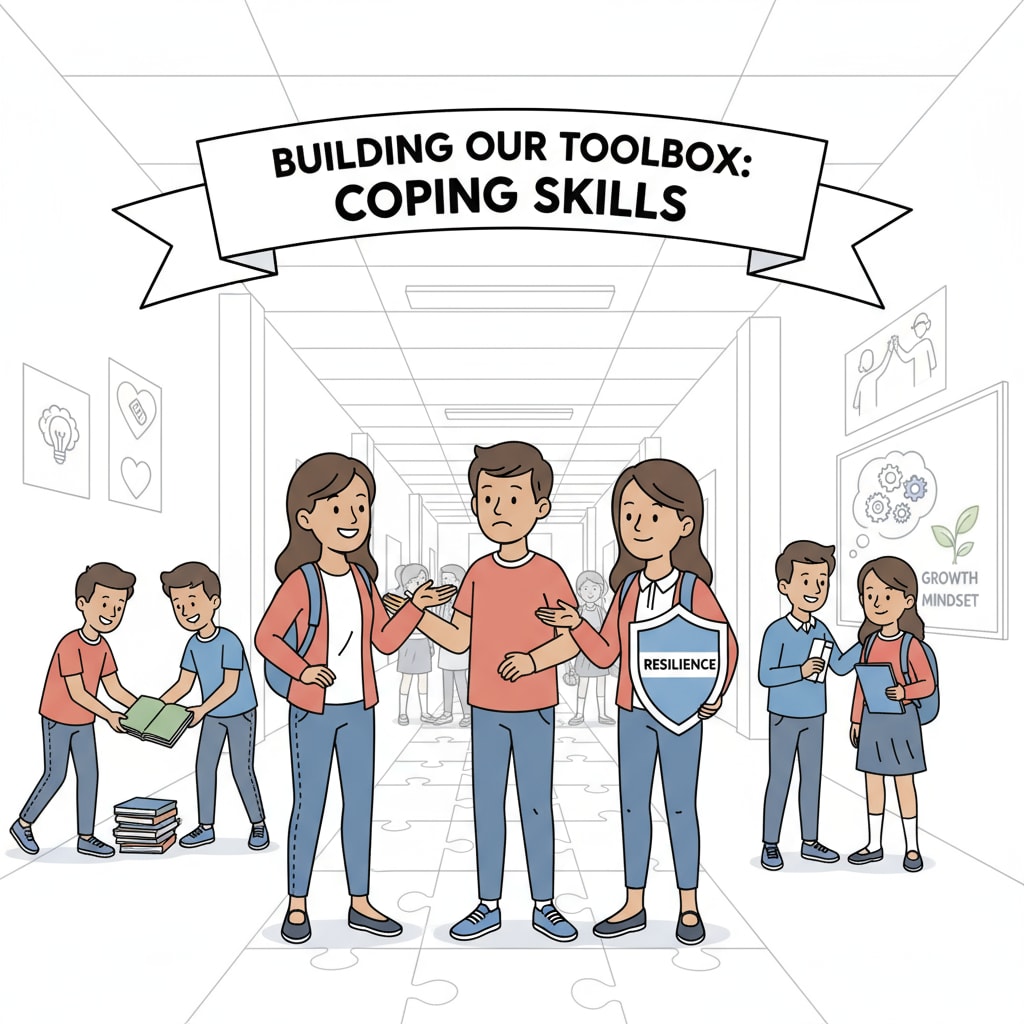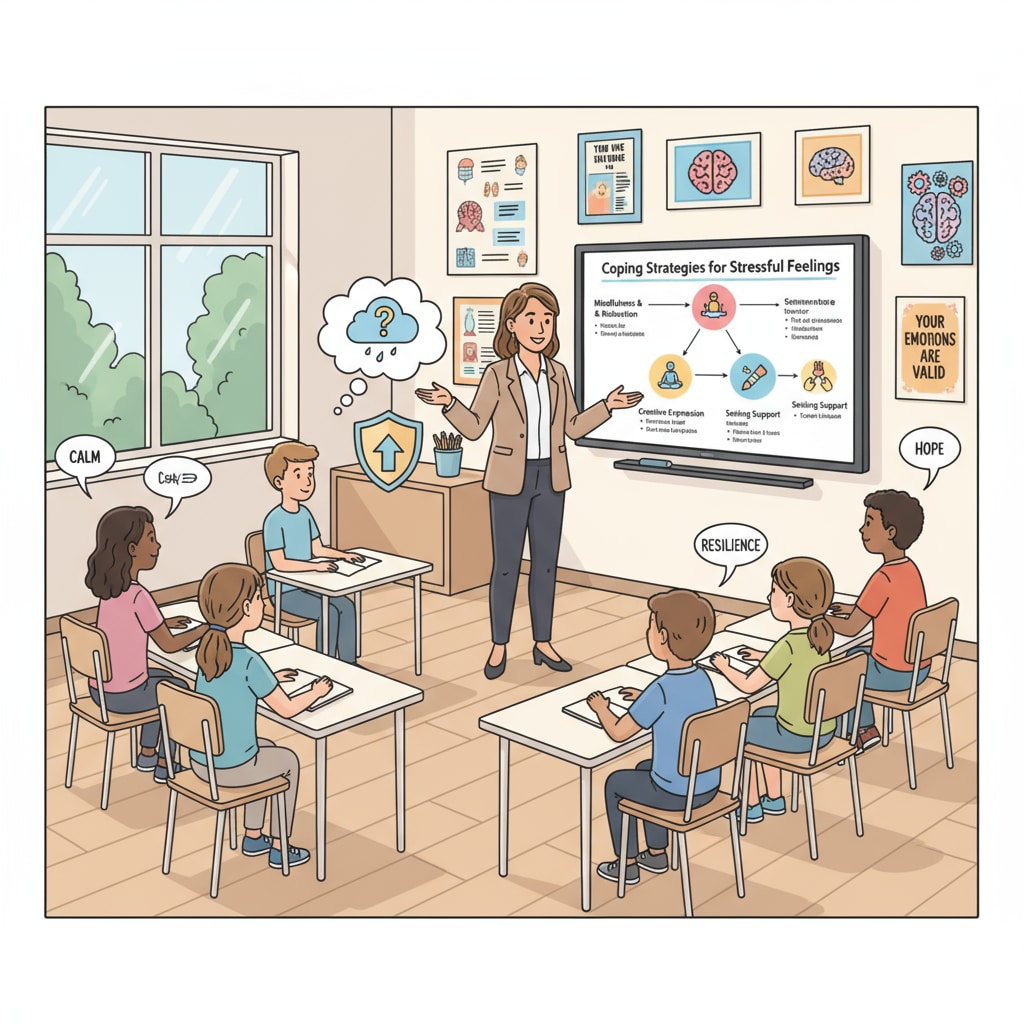In the realm of contemporary education, the concepts of coping abilities, school responsibilities, and family education have become intertwined in a complex web. The question of who should bear the primary responsibility for cultivating students’ coping skills has emerged as a hotly debated topic. As society places greater emphasis on students’ mental health and resilience, it is essential to reevaluate the roles of schools and families in this crucial aspect of development.

The Expanding Role of Schools
In recent years, schools have seen an expansion of their responsibilities in addressing students’ mental health and coping abilities. With the increasing recognition of the importance of emotional well-being, schools are often expected to provide comprehensive support systems. For example, many schools now offer counseling services, mental health education courses, and extracurricular activities designed to enhance students’ resilience. However, this expansion also raises questions about whether schools are equipped to handle such a broad range of responsibilities. American Psychological Association on School Psychology

The Indispensable Role of Family Education
Family education plays an irreplaceable role in shaping students’ coping abilities. Parents are the first teachers in a child’s life, and the family environment has a profound impact on a child’s emotional development. A loving and supportive family can provide a secure base from which children can explore the world and develop healthy coping strategies. For instance, parents who encourage open communication and model positive coping behaviors can help their children better handle stress and challenges. Verywell Family on Raising Resilient Kids
However, in some cases, the boundaries between school and family responsibilities in this area have become blurred. There is a tendency to rely too heavily on schools to address all aspects of students’ mental health and coping skills, while underestimating the power of family support. It is important to recognize that schools and families should work in tandem, each fulfilling their unique roles and responsibilities.
Readability guidance: By clearly defining the responsibilities of schools and families in cultivating students’ coping abilities, we can create a more supportive and effective educational environment. Schools can focus on providing structured learning experiences and resources, while families can offer the emotional foundation and real-life examples that help students apply what they learn in school. This collaborative approach is essential for the holistic development of students.


